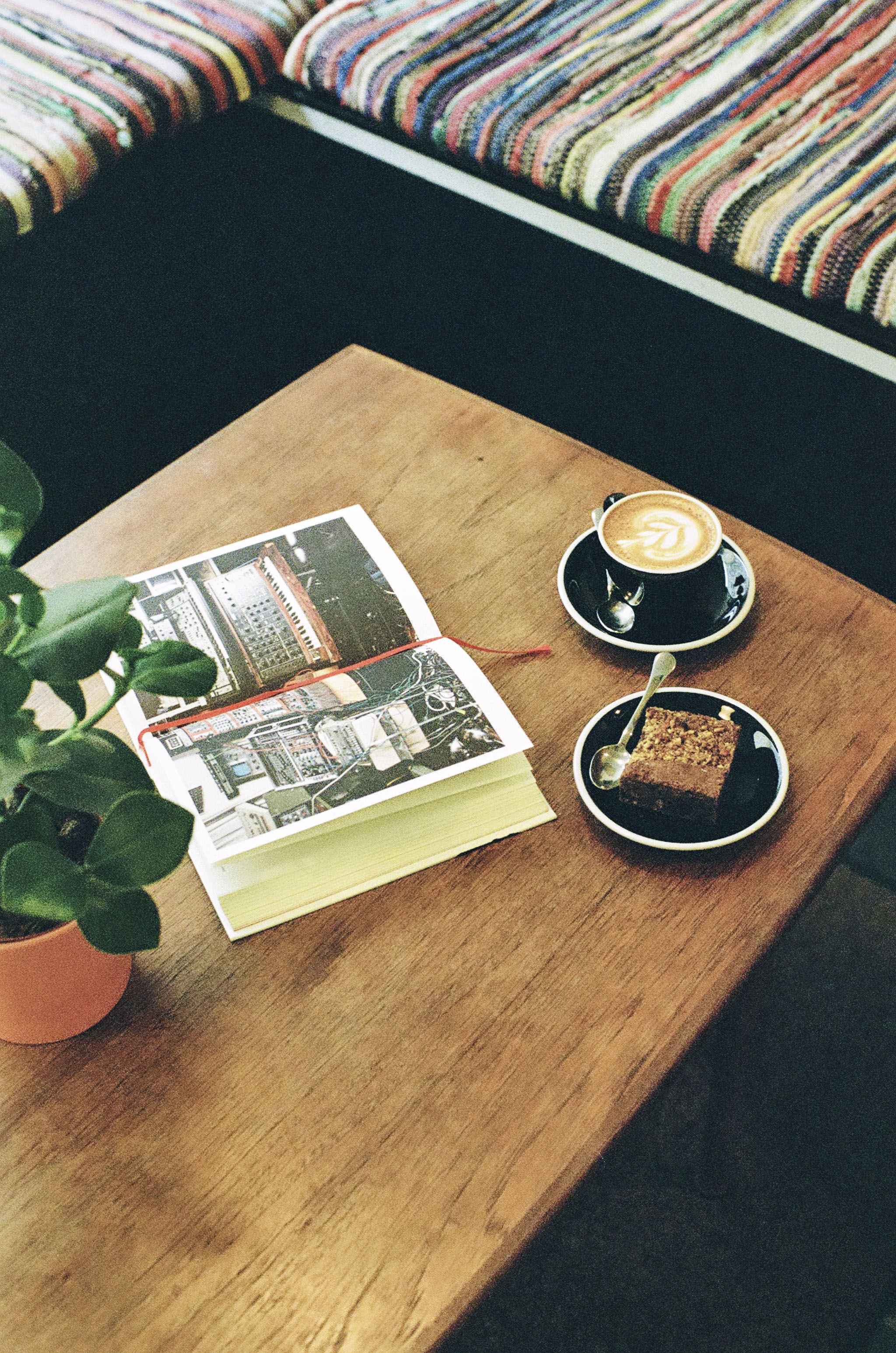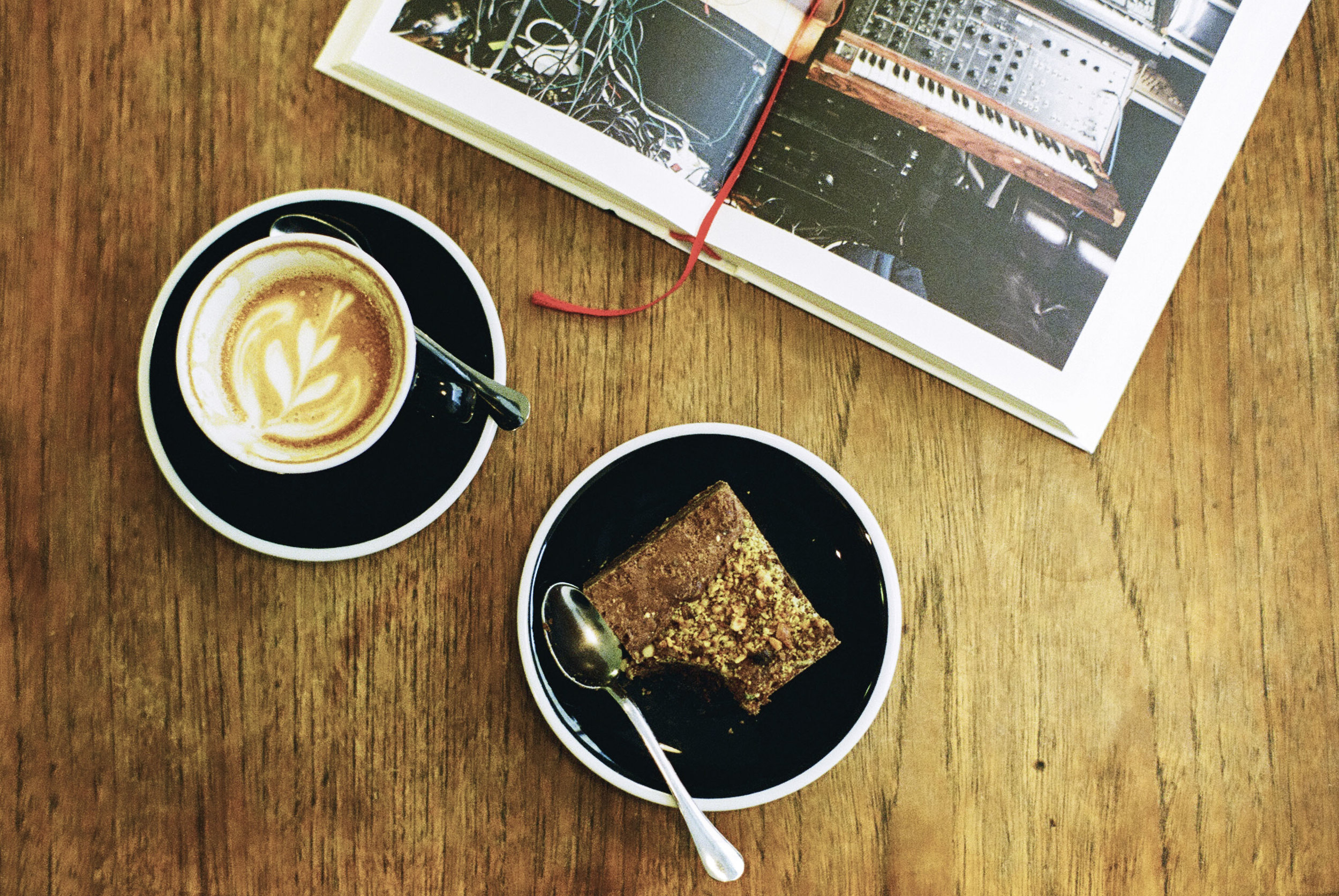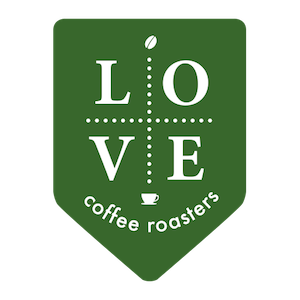Nano Kaffee was founded in 2014 and is a hub for speciality coffee in Berlin. Their roasts are developed with perfectionism and they love to make speciality coffee accessible for everyone.
GIKIRIMA
The Gikirima factory is situated on the slopes of Mount Kenya and is one of the main coffee growing areas in the country. The one thousand members of Kibugu Farmers Cooperation Society take advantage of the land with its rich volcanic soils and favourable coffee growing conditions. These conditions give the coffee its intense fruity sweetness and clean character. The main goal of this washing station is to promote trust-based relationships with smallholder farmers, support them through training and seminars and introduce Kenyan coffee growers into sustainable farming.
CAJAMARCA
Peru is often considered as a newcomer to the speciality coffee scene but it has already proven its potential of growing some outstanding coffee. Cajamarca region has produced some of the most impressive coffees so far from Peru in which we find delicious blackcurrant and grapefruit hints. The farmers may encounter challenges when delivering their coffees to town and infrastructure on their land is also in need of attention. Because of this there is a stable movement among the producers: away from unprofitable subsistence farming and forward into seeing quality coffee production as a viable business.
CACHOEIRINHA
This coffee takes its name after a small waterfall and is grown in the mountain valley of Cachoeirinha in the southeastern part of Brazil. Three families farm their individual parts, but together they care for the springs and streams that run across the whole land. The growers also work together on a new coffee production model for the regionas they plan to bring more sustainable development to the farm and apply new technologies. Their main aim is to raise the potential of the coffee as of high-quality drink. This coffee has a smooth feeling with hints of macadamia and apricot as well as sweet notes of honey.
Hope you enjoy!






























































